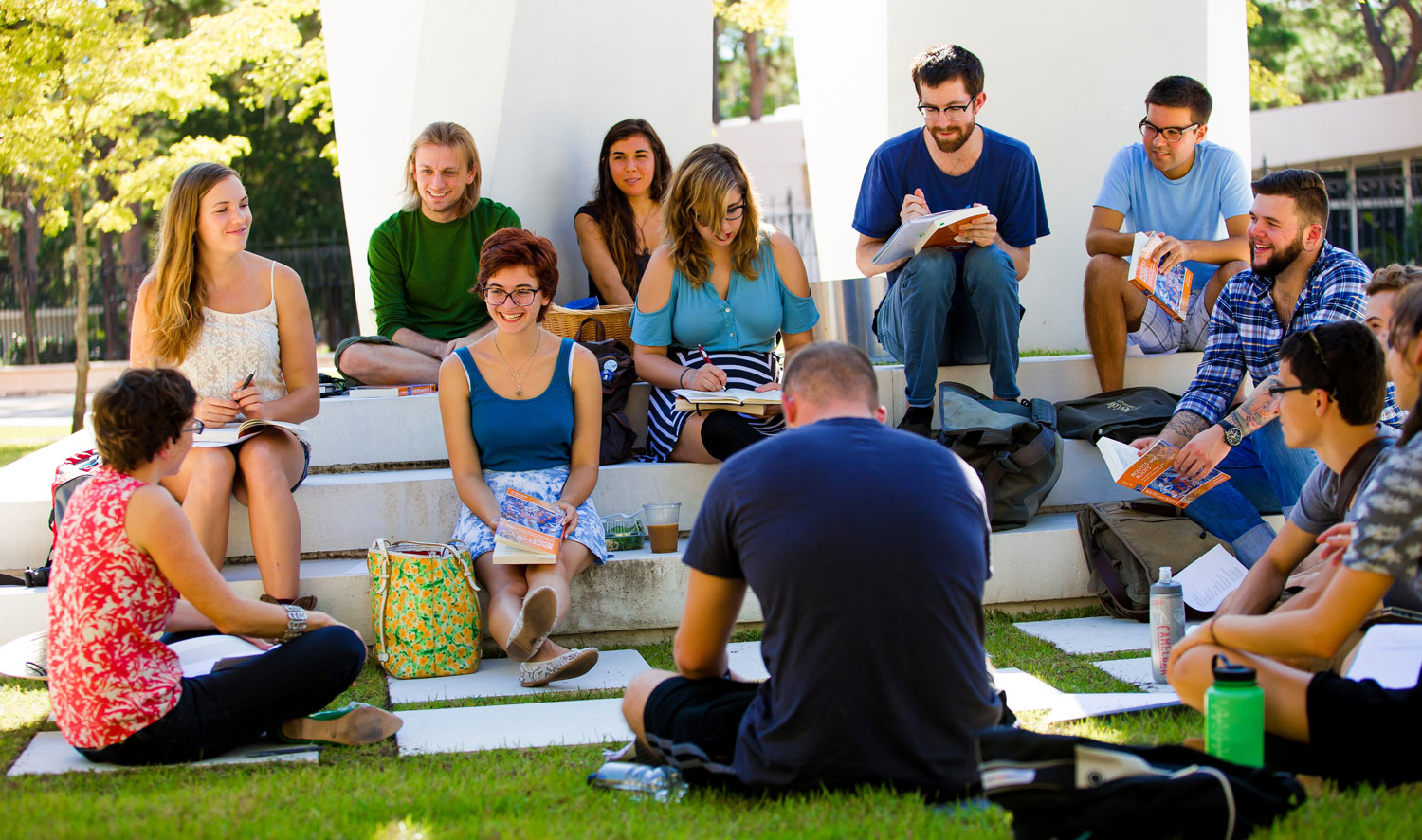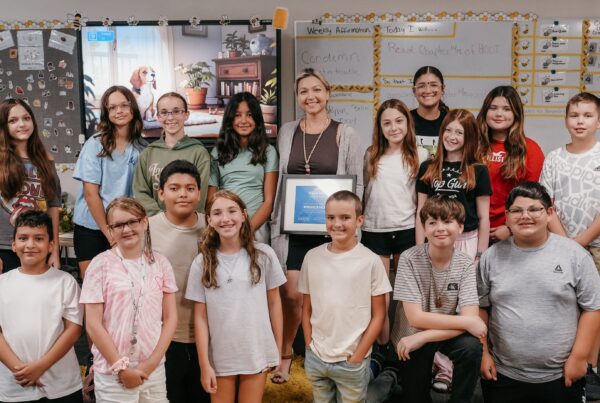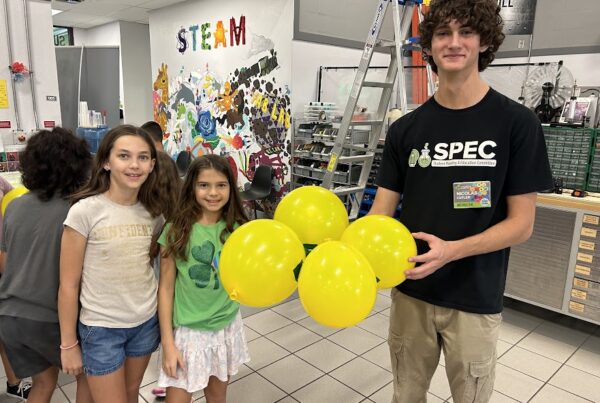Standardized test scores used to make or break acceptance into college. But as more and more colleges and universities drop testing requirements, how well a student can articulate their diverse lived experiences in their applications is becoming a deciding factor on whether they’re accepted.
While the move to drop testing requirements across the country has been an intentional effort to boost enrollment and allow for a greater composition of applicants, the importance of personal essays has provided a challenge for first-generation college students, who often don’t have a relative or mentor to help them with the process.
A local writing program at New College of Florida is offering help for high school students. Provided free of charge and remotely or in-person, the program covers topics including how to generate ideas, write reflectively, and approach rewrites.
“We have already held our first two workshops this summer, and students have shared how different this style of writing is from what they typically write at their schools,” said Dr. Jennifer Wells, director of writing and head of New College’s Writing Program. “Being able to guide them through this unfamiliar genre and see them produce something they are proud of is extremely rewarding.”
The program was launched last year in partnership with Charles & Margery Barancik Foundation. New College of Florida recently received an additional $103,341 grant from the foundation to expand on the work and provide additional resources for the college to boost its efforts to engage with transfer and first-generation college students.
For first-generation college students, the transition to college can be both exciting and daunting. The opportunity to pursue their dreams also comes with the challenge of adjusting to college life. One of the biggest hurdles is simply figuring out how everything works—from first getting to college and then navigating financial aid systems, academic advising, and student life.
“It’s a big transition for young adults who don’t have a parent or relative to talk them through the process.” Says Suzanne Sherman, provost and vice president for academic affairs at New College, says, “Many at first don’t feel like they belong, so we are committed to enhancing equity and access for both our local high school students and our newly admitted New College students.”
Over the summer, faculty and staff members at New College take workshops to learn how to ease the transition for transfer students, and weeks before students arrive on campus, they are paired with a dedicated faculty advisor trained to guide them through the system. This summer, New College was able to extend this concept to students coming directly from high school.




